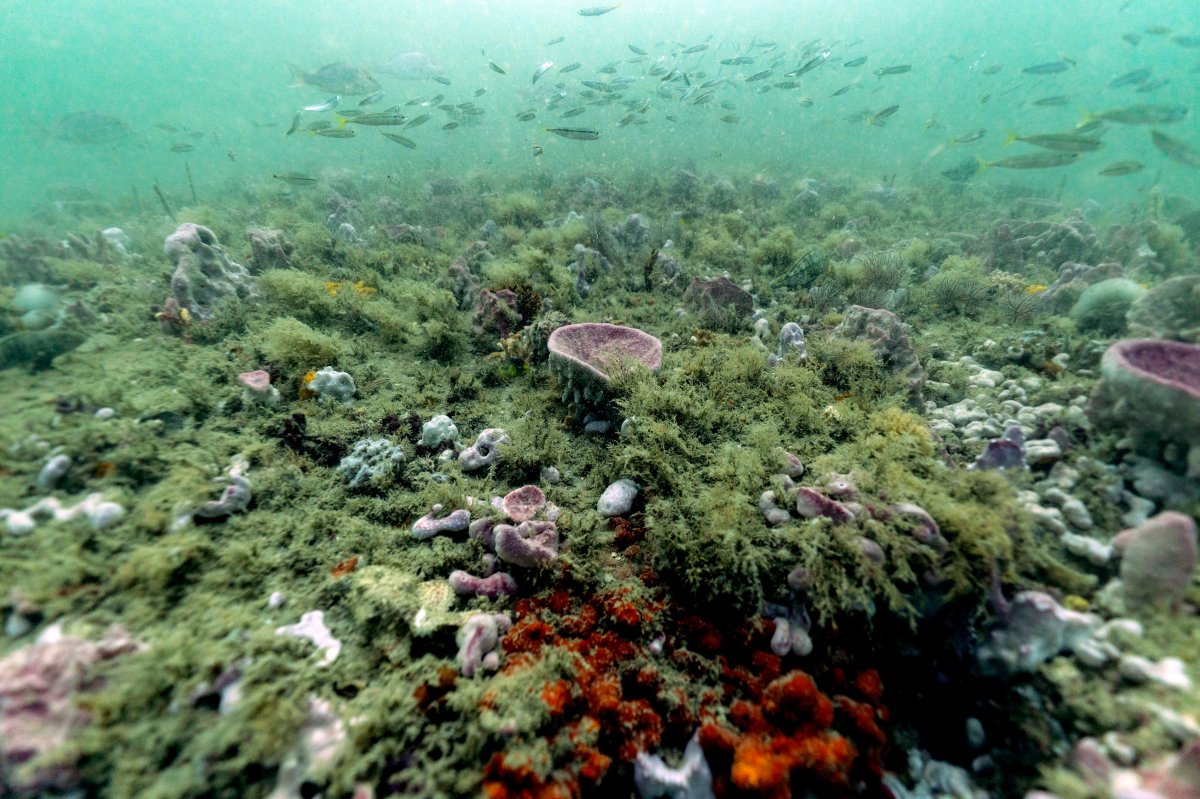Rebounding sea life, from humpback whales to elephant seals and green turtles, point to some good news: the world’s oceans are on their way to fully healing.

New scientific research, published on April 1 in the Nature journal, shows the Australian, American and Japanese coasts are seeing a re-emergence of aquatic life despite overfishing, pollution and coastal destruction.
“Recovery rates across studies suggest that substantial recovery of the abundance, structure and function of marine life could be achieved by 2050, if major pressures — including climate change — are mitigated,” the introduction to the study says.
“Rebuilding marine life represents a doable grand challenge for humanity, an ethical obligation and a smart economic objective to achieve a sustainable future.”
The study’s authors say the aim should be growing habitats and species and restoring ocean-floor ecosystems.
Successful conservation efforts, the report points out, are finally seeing positive effects.

But to have “an ocean renaissance” by 2050, work still needs to be done to ensure conservation efforts continue to move forward, Carlos Duarte of the King Abdullah University of Science and Technology in Saudi Arabia said in the report.
“Overfishing and climate change are tightening their grip, but there is hope in the science of restoration,” Callum Roberts, a University of York professor who worked on the study, told the Guardian.
“One of the overarching messages of the review is, if you stop killing sea life and protect it, then it does come back. We can turn the oceans around and we know it makes sense economically, for human well-being and, of course, for the environment.”
The measures needed, from sustainable fishing controls to protecting large portions of ocean, will cost billions of dollars a year, but the benefits would be even greater, Duarte points out.
The review shows evidence that some habitats in Florida and the Philippines are fully recovering thanks to global fishing becoming more sustainable worldwide.
Humpback whales on the Australian coast, migrating from Antarctica, have grown from a few hundred in 1968 to more than 40,000 now.

Meanwhile, Canadian sea otter populations have risen from dozens in 1980 to thousands now.
—




Comments